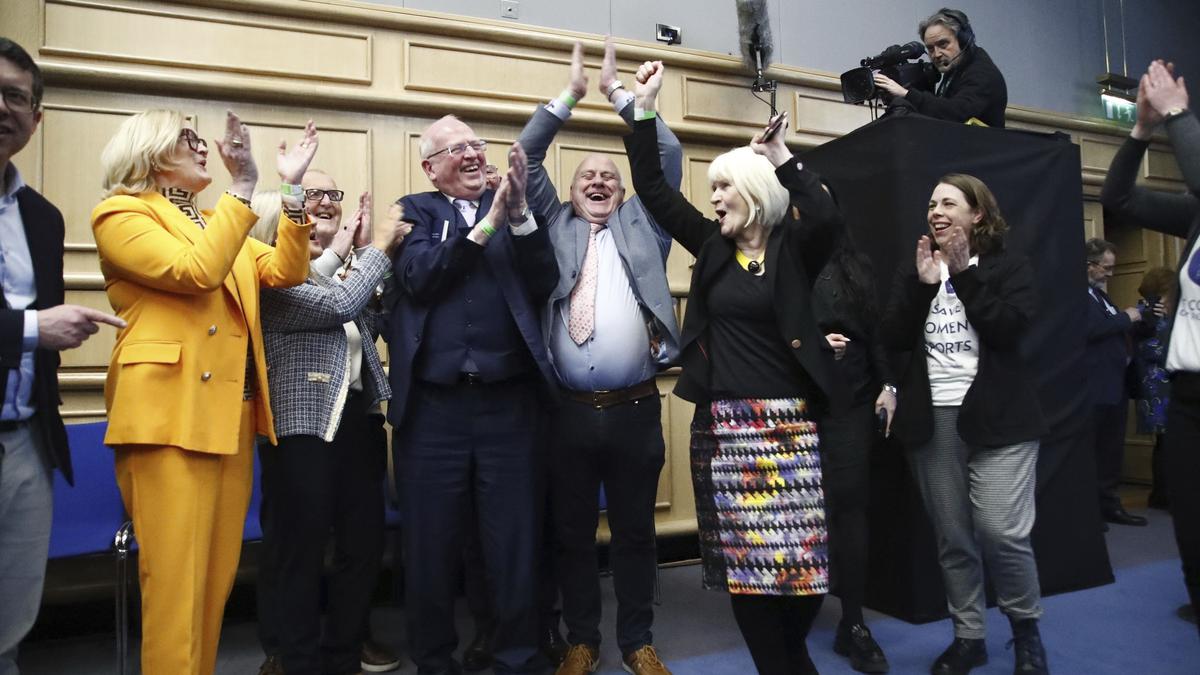
Irish PM concedes defeat in a vote over constitutional amendments about family and women
The Hindu
Irish Prime Minister Leo Varadkar conceded defeat as two constitutional amendments he supported that would have broadened the definition of family and removed language about a woman’s role in the home
Irish Prime Minister Leo Varadkar conceded defeat on March 9 as two constitutional amendments he supported that would have broadened the definition of family and removed language about a woman’s role in the home were headed toward rejection.
Mr. Varadkar, who pushed the vote to enshrine gender equality in the constitution by removing “very old-fashioned language” and tried to recognize the realities of modern family life, said that voters had delivered “two wallops” to the government.
“Clearly we got it wrong," he said. “While the old adage is that success has many fathers and failure is an orphan, I think when you lose by this kind of margin, there are a lot of people who got this wrong and I am certainly one of them.”
Opponents argued that the amendments were poorly worded, and voters said they were confused with the choices that some feared would lead to unintended consequences.
The referendum was viewed as part of Ireland's evolution from a conservative, overwhelmingly Roman Catholic country in which divorce and abortion were illegal, to an increasingly diverse and socially liberal society. The proportion of residents who are Catholic fell from 94.9% in 1961 to 69% in 2022, according to the Central Statistics Office.
The social transformation has been reflected in a series of changes to the Irish Constitution, which dates from 1937, though the country wasn't formally known as the Republic of Ireland until 1949. Irish voters legalized divorce in a 1995 referendum, backed same-sex marriage in a 2015 vote and repealed a ban on abortions in 2018.
The first question dealt with a part of the constitution that pledges to protect the family as the primary unit of society. Voters were asked to remove a reference to marriage as the basis “on which the family is founded” and replace it with a clause that said families can be founded “on marriage or on other durable relationships.” If passed, it would have been the constitution’s 39th amendment.

LGBTQ+ couples in Thailand register their marriages on the first day of law giving them equal status
Thailand legalizes same-sex marriage, granting LGBTQ+ couples equal rights and recognition, marking a historic milestone in Asia.

















